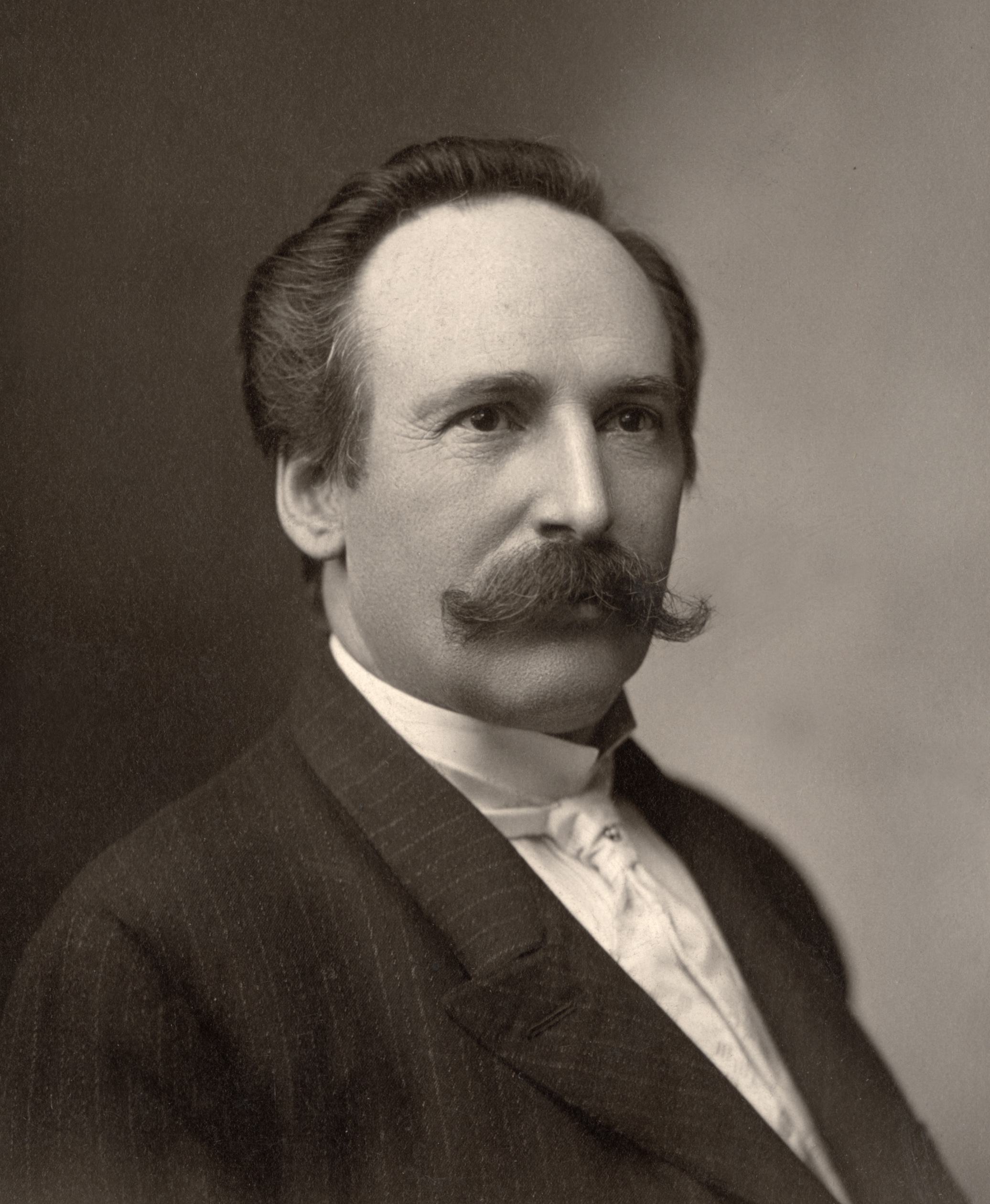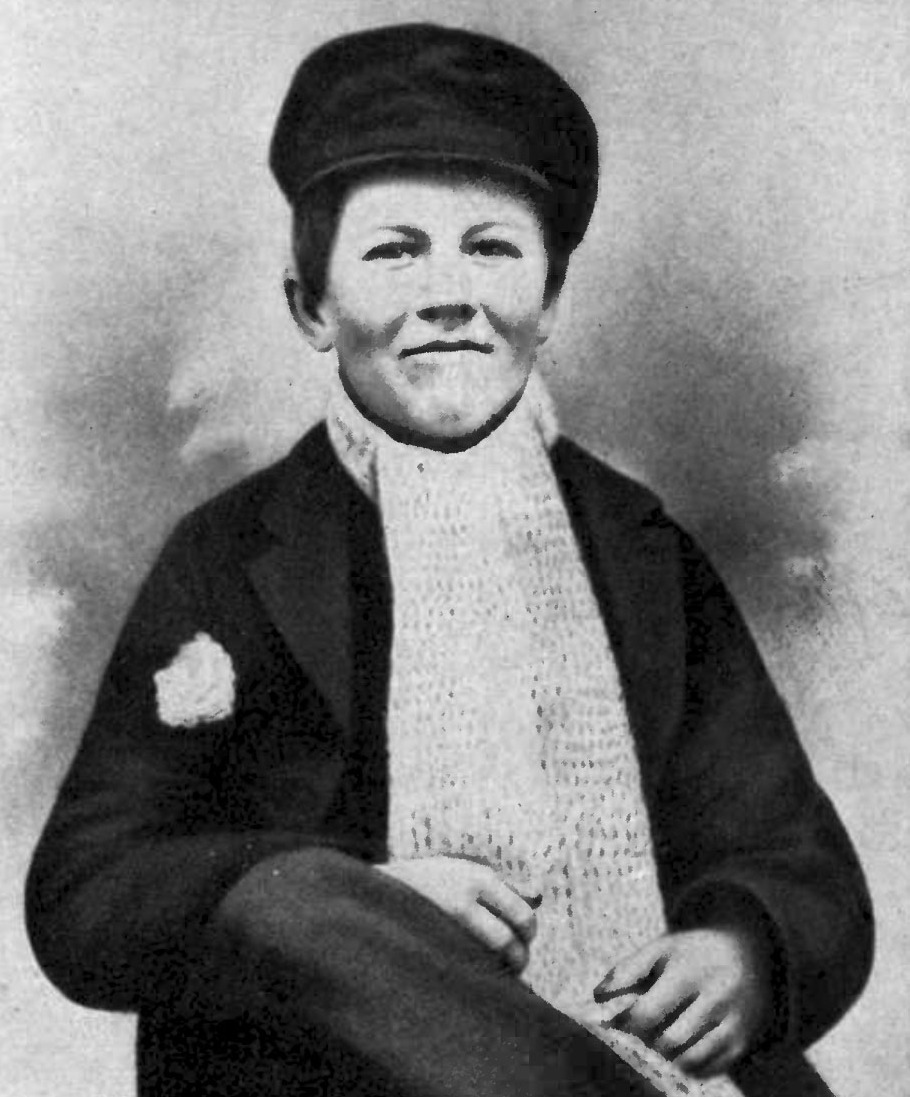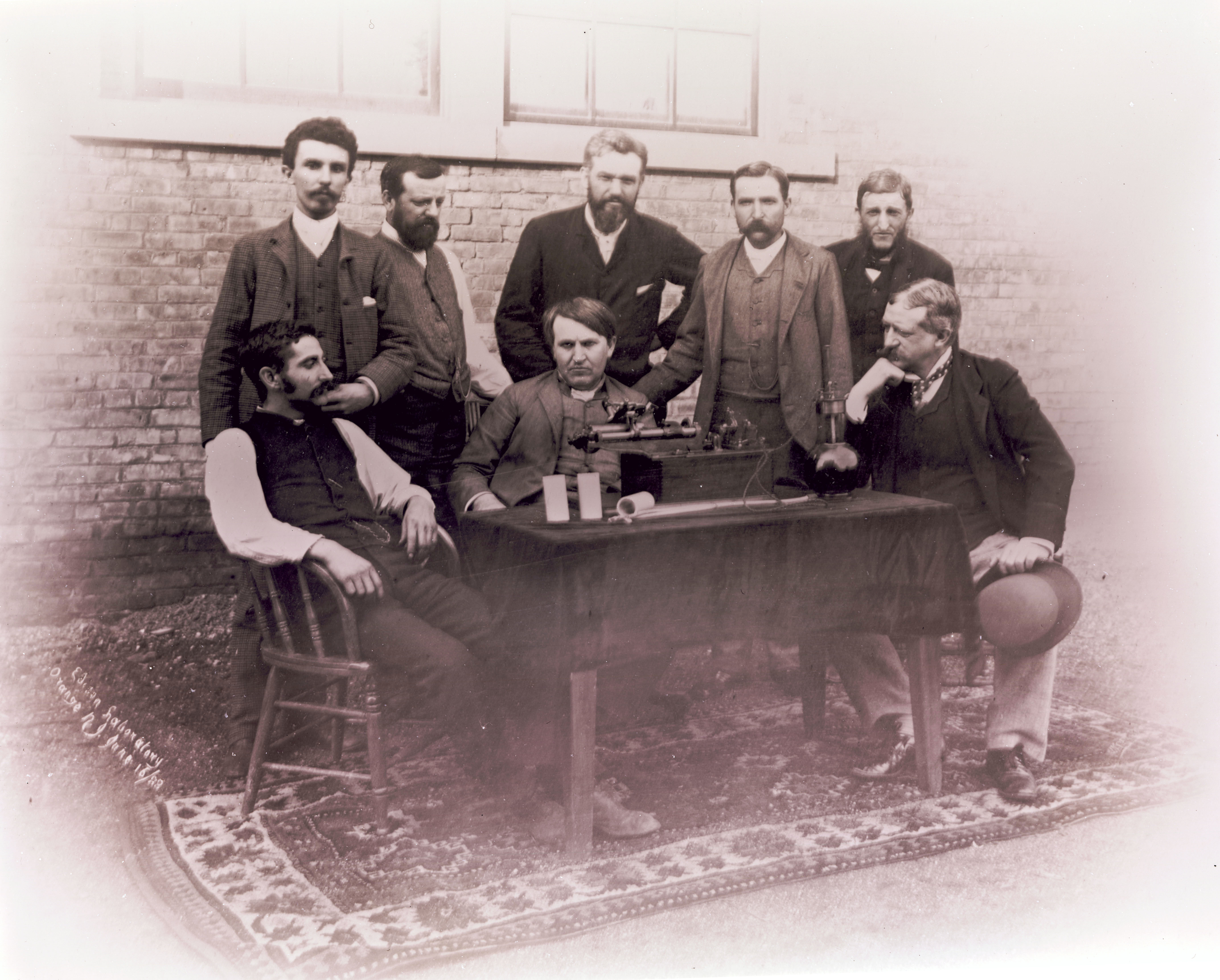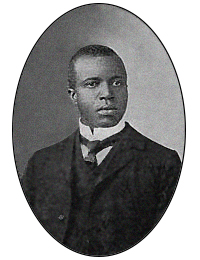|
Hungarian Dances (Brahms)
The ''Hungarian Dances'' (german: Ungarische Tänze, links=no) by Johannes Brahms (WoO 1), are a set of 21 lively dance tunes based mostly on Hungarian themes, completed in 1879. They vary from about a minute to five minutes in length. They are among Brahms's most popular works and were the most profitable for him. Each dance has been arranged for a wide variety of instruments and ensembles. Brahms originally wrote the version for piano four hands (piano duet: two players using one piano) and later arranged the first ten dances for solo piano. Background In 1850 Brahms met the Hungarian violinist Ede Reményi and accompanied him in a number of recitals over the next few years. This was his introduction to "gypsy-style" music such as the '' csardas'', which was later to prove the foundation of his most lucrative and popular compositions, the two sets of ''Hungarian Dances'' (published 1869 and 1880). Only numbers 11, 14 and 16 are entirely original compositions. The better ... [...More Info...] [...Related Items...] OR: [Wikipedia] [Google] [Baidu] |
Johannes Brahms
Johannes Brahms (; 7 May 1833 – 3 April 1897) was a German composer, pianist, and conductor of the mid- Romantic period. Born in Hamburg into a Lutheran family, he spent much of his professional life in Vienna. He is sometimes grouped with Johann Sebastian Bach and Ludwig van Beethoven as one of the "Three Bs" of music, a comment originally made by the nineteenth-century conductor Hans von Bülow. Brahms composed for symphony orchestra, chamber ensembles, piano, organ, violin, voice, and chorus. A virtuoso pianist, he premiered many of his own works. He worked with leading performers of his time, including the pianist Clara Schumann and the violinist Joseph Joachim (the three were close friends). Many of his works have become staples of the modern concert repertoire. Brahms has been considered both a traditionalist and an innovator, by his contemporaries and by later writers. His music is rooted in the structures and compositional techniques of the Classical masters. Emb ... [...More Info...] [...Related Items...] OR: [Wikipedia] [Google] [Baidu] |
Antonín Dvořák
Antonín Leopold Dvořák ( ; ; 8 September 1841 – 1 May 1904) was a Czechs, Czech composer. Dvořák frequently employed rhythms and other aspects of the folk music of Moravian traditional music, Moravia and his native Bohemia, following the Romantic-era Czech nationalism, nationalist example of his predecessor Bedřich Smetana. Dvořák's style has been described as "the fullest recreation of a national idiom with that of the symphonic tradition, absorbing folk influences and finding effective ways of using them". Dvořák displayed his musical gifts at an early age, being an apt violin student from age six. The first public performances of his works were in Prague in 1872 and, with special success, in 1873, when he was 31 years old. Seeking recognition beyond the Prague area, he submitted a score of his Symphony No. 1 (Dvořák), First Symphony to a prize competition in Germany, but did not win, and the unreturned manuscript was lost until it was rediscovered many decades ... [...More Info...] [...Related Items...] OR: [Wikipedia] [Google] [Baidu] |
Philadelphia Orchestra
The Philadelphia Orchestra is an American symphony orchestra, based in Philadelphia, Pennsylvania. One of the " Big Five" American orchestras, the orchestra is based at the Kimmel Center for the Performing Arts, where it performs its subscription concerts, numbering over 130 annually, in Verizon Hall. From its founding until 2001, the Philadelphia Orchestra gave its concerts at the Academy of Music. The orchestra continues to own the Academy, and returns there one week per year for the Academy of Music's annual gala concert and concerts for school children. The Philadelphia Orchestra's summer home is the Mann Center for the Performing Arts. It also has summer residencies at the Saratoga Performing Arts Center, and since July 2007 at the Bravo! Vail Valley Festival in Vail, Colorado. The orchestra also performs an annual series of concerts at Carnegie Hall. From its earliest days the orchestra has been active in the recording studio, making extensive numbers of recordings, primar ... [...More Info...] [...Related Items...] OR: [Wikipedia] [Google] [Baidu] |
Leopold Stokowski
Leopold Anthony Stokowski (18 April 1882 – 13 September 1977) was a British conductor. One of the leading conductors of the early and mid-20th century, he is best known for his long association with the Philadelphia Orchestra and his appearance in the Disney film ''Fantasia'' with that orchestra. He was especially noted for his free-hand conducting style that spurned the traditional baton and for obtaining a characteristically sumptuous sound from the orchestras he directed. Stokowski was music director of the Cincinnati Symphony Orchestra, the Philadelphia Orchestra, the NBC Symphony Orchestra, New York Philharmonic Symphony Orchestra, the Houston Symphony Orchestra, the Symphony of the Air and many others. He was also the founder of the All-American Youth Orchestra, the New York City Symphony, the Hollywood Bowl Symphony Orchestra and the American Symphony Orchestra. Stokowski conducted the music for and appeared in several Hollywood films, most notably Disney's ''Fant ... [...More Info...] [...Related Items...] OR: [Wikipedia] [Google] [Baidu] |
Joseph Joachim
Joseph Joachim (28 June 1831 – 15 August 1907) was a Hungarian violinist, conductor, composer and teacher who made an international career, based in Hanover and Berlin. A close collaborator of Johannes Brahms, he is widely regarded as one of the most significant violinists of the 19th century. Joachim studied violin early, beginning in Buda at age five, then in Vienna and Leipzig. He made his debut in London in 1844, playing Beethoven's Violin Concerto, with Mendelssohn conducting. He returned to London many times throughout life. After years of teaching at the Leipzig Conservatory and playing as principal violinist of the Gewandhausorchester, he moved to Weimar in 1848, where Franz Liszt established cultural life. From 1852, Joachim served at the court of Hanover, playing principal violin in the opera and conducting concerts, with months of free time in summer for concert tours. In 1853, he was invited by Robert Schumann to the Lower Rhine Music Festival, where he met Clara ... [...More Info...] [...Related Items...] OR: [Wikipedia] [Google] [Baidu] |
Thomas Edison
Thomas Alva Edison (February 11, 1847October 18, 1931) was an American inventor and businessman. He developed many devices in fields such as electric power generation, mass communication, sound recording, and motion pictures. These inventions, which include the phonograph, the motion picture camera, and early versions of the electric light bulb, have had a widespread impact on the modern industrialized world. He was one of the first inventors to apply the principles of organized science and teamwork to the process of invention, working with many researchers and employees. He established the first industrial research laboratory. Edison was raised in the American Midwest. Early in his career he worked as a telegraph operator, which inspired some of his earliest inventions. In 1876, he established his first laboratory facility in Menlo Park, New Jersey, where many of his early inventions were developed. He later established a botanical laboratory in Fort Myers, Florida, in co ... [...More Info...] [...Related Items...] OR: [Wikipedia] [Google] [Baidu] |
Adelbert Theodor Wangemann
Adelbert Theodor Edward Wangemann (February 13, 1855 – June 1906), known as Theo, was a German who emigrated to the United States. In 1888, he began working for Thomas Edison as an assistant at his laboratory in West Orange, New Jersey. In 1889, Edison sent Wangemann to keep the phonograph at the 1889 Paris Expo in good working condition. The trip was extended and Wangemann made numerous early sound recordings on wax cylinders, some of which were lost for more than 100 years. Found in 1957, but not revealed until 2012, they include the only known recording of Otto von Bismarck. Early years Wangemann was born in Berlin, Germany to Adalbert Theodor Wangemann (1815–1878) and Theodosia Sophie Ottilie Wangemann (née Rhenius) (died 1878). He and his older brother, born September 23, 1852, were named after their father.Patrick Feaster"Wangemann's family background and early life"Thomas Edison Historical Park. Retrieved February 4, 2012 To distinguish them, he was called "Theo"; hi ... [...More Info...] [...Related Items...] OR: [Wikipedia] [Google] [Baidu] |
Scott Joplin
Scott Joplin ( 1868 – April 1, 1917) was an American composer and pianist. Because of the fame achieved for his ragtime compositions, he was dubbed the "King of Ragtime." During his career, he wrote over 40 original ragtime pieces, one ragtime ballet, and two operas. One of his first and most popular pieces, the '' Maple Leaf Rag'', became the genre's first and most influential hit, later being recognized as the archetypal rag. Joplin considered ragtime to be a form of classical music and largely disdained the practice of ragtime such as that in honky tonk. Joplin grew up in a musical family of railway laborers in Texarkana, Arkansas, developing his own musical knowledge with the help of local teachers. While in Texarkana, he formed a vocal quartet and taught mandolin and guitar. During the late 1880s, he left his job as a railroad laborer and traveled the American South as an itinerant musician. He went to Chicago for the World's Fair of 1893, which played a major part i ... [...More Info...] [...Related Items...] OR: [Wikipedia] [Google] [Baidu] |
Julius Weiss
Julius Weiss (1840 or 1841 – after 1889) was a German-born American Jewish music professor, best known for being the first piano teacher of Scott Joplin, who became known as "the king of ragtime". Weiss is credited with recognizing Joplin's talent and giving him music and piano lessons as a child, introducing him to European music and models. Weiss emigrated to the US from Germany about 1870 and worked for a time in upstate New York. In 1877 he settled in Texarkana, Texas, where he worked as a school teacher, tutor and music teacher. He taught Joplin music and other subjects free of cost for several years, beginning when the boy was eleven years old. Joplin's parents, a former slave and a domestic worker, had no way to pay for private lessons. Weiss's later years appear to have been marred by financial scandal. Early life and career Weiss was born into a Jewish family in Saxony, Germany. He received most of his early education there and attended the University of Saxony.Albrec ... [...More Info...] [...Related Items...] OR: [Wikipedia] [Google] [Baidu] |
Ragtime
Ragtime, also spelled rag-time or rag time, is a musical style that flourished from the 1890s to 1910s. Its cardinal trait is its syncopated or "ragged" rhythm. Ragtime was popularized during the early 20th century by composers such as Scott Joplin, James Scott and Joseph Lamb. Ragtime pieces (often called "rags") are typically composed for and performed on piano, though the genre has been adapted for a variety of instruments and styles. " Maple Leaf Rag", " The Entertainer", "Fig Leaf Rag", "Frog Legs Rag", and "Sensation Rag" are among the most popular songs of the genre. The genre emerged from African American communities in the Southern and Midwestern United States, evolving from folk and minstrel styles and popular dances such as the cakewalk and combining with elements of classical and march music. Ragtime significantly influenced the development of jazz. In the 1960's, the genre had began to be revived with the publication '' The All Played Ragtime'' and artists re ... [...More Info...] [...Related Items...] OR: [Wikipedia] [Google] [Baidu] |
Iván Fischer
Iván Fischer (born 20 January 1951) is a Hungarian conductor and composer. Born in Budapest into a musical family of Jewish heritage, Fischer initially studied piano, violin, cello and composition in Budapest. His older brother, Ádám Fischer, became a conductor in his own right. He moved later to Vienna to study conducting with Hans Swarowsky at the University of Music and Performing Arts, where he also studied cello and early music, studying and working as assistant to Nikolaus Harnoncourt. He also studied with Franco Ferrara at the Accademia Musicale Chigiana in Siena. In 1976, Fischer won the Rupert Foundation conducting competition in London. He began thereafter to guest-conduct British orchestras such as the Royal Liverpool Philharmonic, the BBC Symphony and the London Symphony Orchestra, with whom he conducted a world tour in 1982. His US conducting debut was with the Los Angeles Philharmonic in 1983. Budapest Festival Orchestra Fischer returned to Hungary in 19 ... [...More Info...] [...Related Items...] OR: [Wikipedia] [Google] [Baidu] |
Robert Schollum
Robert Schollum (22 August 1913 – 30 September 1987) was an Austrian composer, conductor, music educator, music critic, musicographer and academic scholar. He was president of the for several years in the 1960s and 1980s. Life and career Education Born in Vienna, Schollum studied composition with Joseph Marx, music theory with Egon Lustgarten and organ and piano with Carl Lafite at the Neues Wiener Konservatorium and the University of Music and Performing Arts Vienna. He taught as assistant to Anton Maria Klafsky at the New Vienna Conservatory and gave piano lessons at the Conservatory for Folk Music. National Socialism In 1932, Schollum joined the Hitler Youth, later also the SA. From 1933, he performed as a conductor. From 1939 to 1945, he did military service with the Wehrmacht, and after being wounded, he served as a purser on the Russian Front. In addition, he worked as a pianist, conductor and choir director for the Hitler Youth and was a district commissione ... [...More Info...] [...Related Items...] OR: [Wikipedia] [Google] [Baidu] |



_wmplayer_2013-04-16.jpg)
.jpg)



